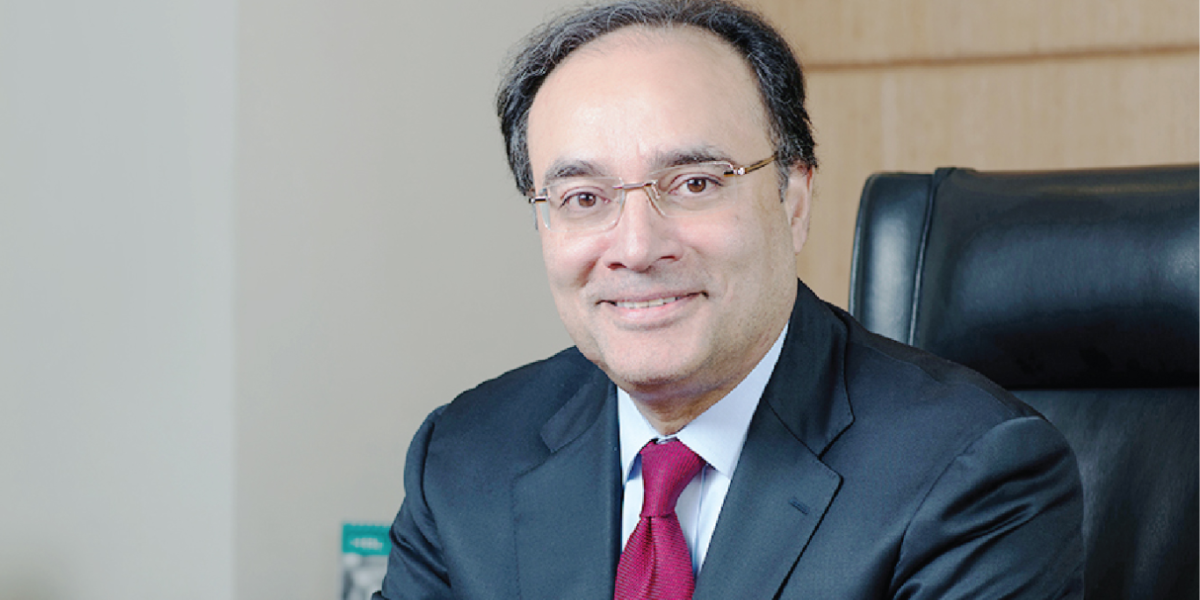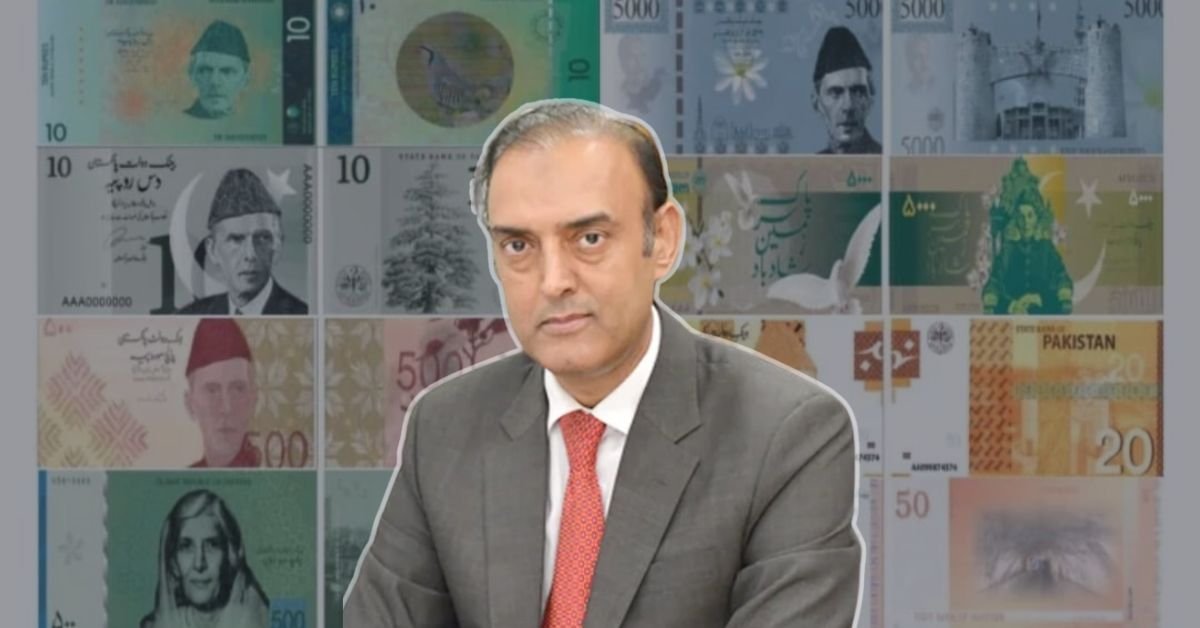WEB DESK: Finance Minister Muhammad Aurangzeb has called for a collective effort to raise Pakistan’s tax-to-GDP ratio, stressing that all economic sectors must contribute while acknowledging that the salaried class has reached its limit.
Speaking to the business community, the minister outlined a vision for fiscal transformation, highlighting strict enforcement of tax laws and the digitisation of the Federal Board of Revenue (FBR) to curb corruption and enhance efficiency.
“Our tax-to-GDP ratio is only 9–10 per cent, whereas neighboring countries achieve around 18 per cent,” he said. “We are only aiming for 13 per cent, and every segment must contribute to achieving this goal.”
Aurangzeb admitted public criticism of the FBR’s inefficiencies and corruption, promising reforms driven by technology to minimize human interaction and improve governance. “The more technology we integrate, the less human intervention there will be,” he noted.
Privatisation and institutional overhaul
The finance minister highlighted the government’s shift towards privatisation, advocating for the regulatory role of the state rather than its control over businesses. He cited Passco, which he described as “the most corrupt institution,” as an example of entities slated for closure under Prime Minister-led reforms.
Aurangzeb also questioned the utility of underperforming public research institutes and universities. “Most of their funding goes into salaries, with little left for actual research or innovation,” he said, suggesting a reallocation of resources toward productive partnerships with the private sector.
Economic indicators show progress
Despite acknowledging structural challenges, the finance minister offered a glimpse of optimism, reporting that inflation had fallen to 5% and interest rates to 13 per cent, setting the stage for macroeconomic stability. However, he underscored the urgency of transitioning from an import-led to an export-led economy.
“The foundation for sustainable growth is being laid,” he remarked, projecting 2025 as a potential turning point for the country’s economic trajectory.
Aurangzeb’s address reflected a dual focus on tackling entrenched inefficiencies and leveraging the private sector to catalyze economic growth. The government, he said, is committed to creating a transparent and business-friendly environment while addressing public grievances about corruption and institutional shortcomings.
Read More: Shark Tank Pakistan: Daigen & Co’s Rs7.5 million pitch falls flat at 3.5 per cent equity

















